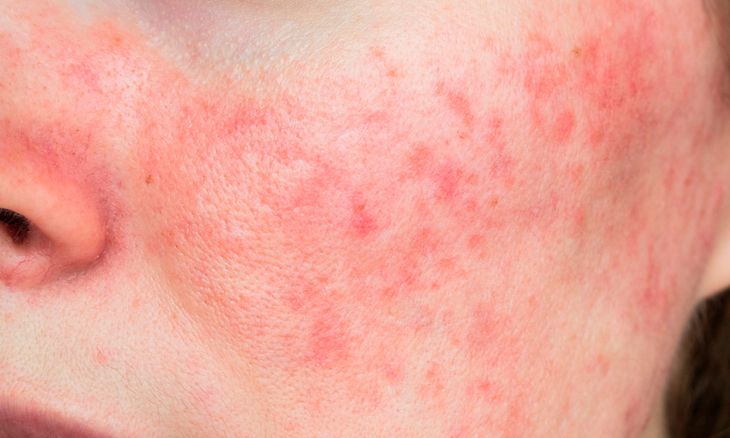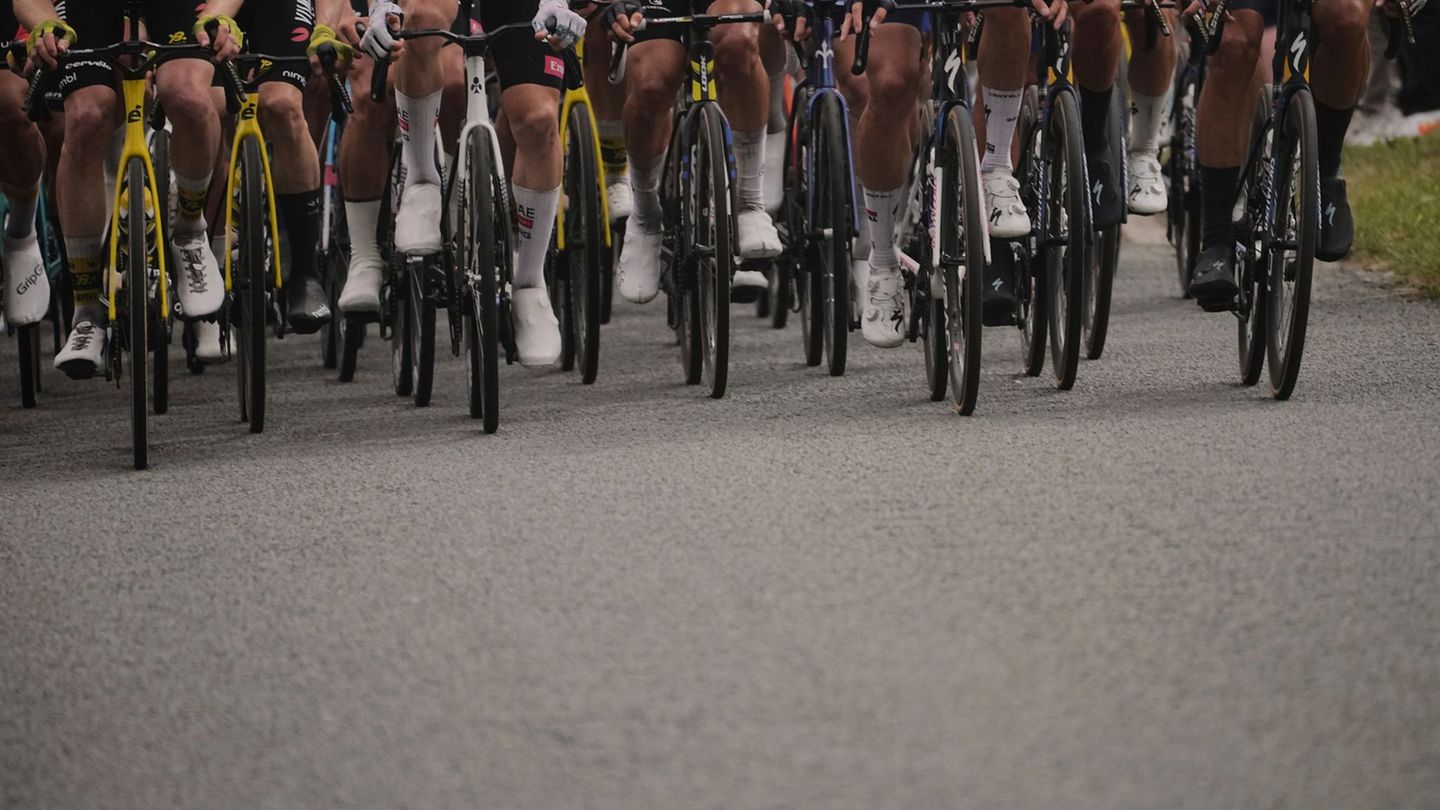It is estimated that about 40 million people worldwide suffer from rosacea, which corresponds to approximately 10% of the population. And this number includes only those who are diagnosed with this chronic skin condition, since there are also those who spend their entire lives thinking that this redness on the face is just another characteristic of their skin.
What is rosacea?
Rosacea is defined as a skin problem that is generally evidenced by redness, mainly on the cheeks, but it can also cover other areas of the face, and even appear on the ears and neck.
Which are the symptoms of Rosacea?
The symptoms of rosacea are not only redness, but also, it is often accompanied by burning, irritation and itching, so it is much more than an “aesthetic” issue, it is rather a condition that can interfere with our lives and even in our lives. our self-esteem, since what it specifically generates is inflammation in the affected area that even causes what are popularly known as “spiders” to appear but which, in medical terms, are called spider veins, that is, the rupture of small blood vessels of the affected area or areas of skin.
Who are more prone to rosacea?
According to studies, rosacea has a higher prevalence in women than in men, in other words, out of every 3 women who suffer from this disease, there is 1 man. It has also been seen that people who suffer from this problem tend to have fair complexions. In addition, this problem tends to intensify in winter, where temperature changes impact our skin, generating even greater sensitivity.
It is possible to see the first manifestations when you are 20 years old, but if it is not treated in time or is camouflaged only with makeup, it worsens over time, which, in turn, generates what is known as a “rosacea crisis”. , especially after 30. It also tends to intensify with the hormonal changes typical of menopause.
ACORPUS_LRMCOMUNICACIONES.jpg
Although these “crises” tend to be sporadic, that is, they come and go, they are tremendously annoying and uncomfortable for those who suffer from them. The triggers for this condition can be varied: genetic predisposition, hyperactive immune system, stress, polluting agents in the environment, lack of skin hydration, hormonal changes, or a combination of all these factors.
“Rosacea is a skin condition that, although it does not have fatal consequences for anyone, nor is it contagious, it can lead a woman to suffer emotional consequences, lose self-confidence and even end up in isolation,” Explain Magdalena de Quevedo CEO and director of the clinic Acorpus.
Thinking about this is that Acorpus, aesthetic medicine and outpatient surgery clinic, in its commitment to restore women’s confidence and self-confidence and that offers a special peeling for those who suffer from rosacea with excellent results that you can see in a single session.
“This treatment consists of applying an ointment to the patient’s face that generates a peeling effect. Now, although it has the components that allow the skin to flake like a traditional peel, the difference is that it does so in a controlled way so that it is friendly to people who suffer from rosacea”, emphasizes the professional.
“This peeling helps to reduce the intensity of rosacea, to reduce redness, it does not generate changes in the skin as abrupt as a traditional peel does, but it still allows the skin to regenerate in a controlled manner,” he adds.
Although you can already see the results in just one session, depending on the severity of the rosacea, you can repeat this treatment 2 or 3 times a month.
BLOG-SEPTEMBER-ROSACEA-2000×1200.jpg

complementary aids for rosacea
Although rosacea is a skin problem, it is important to note that in order to combat it effectively, along with the aforementioned peeling, the person must change certain habits in their lives that may be intensifying this condition.
For this, the specialist Acorpus additionally recommends the following:
- Avoid irritating foods such as chocolates, cheese, alcohol, drinks, infusions or very hot dishes and those that contain spicy seasonings.
- Avoid smoking, it tends to make rosacea worse, but remember that it is harmful to our overall health.
- Do not use creams, cosmetics or soaps that contain alcohol, oils or strong fragrances. Opt for those dermatological and non-comedogenic.
- Always use sunscreen on your face, all year round, ideally SPF 50, since the sun or even computer, cell phone, television or tablet screens are enemies of rosacea.
- Avoid as far as possible sudden changes in temperature, especially in winter.
- Daily and frequent use of a moisturizing cream that is friendly to the face and especially for rosacea and sensitive skin, which is dermatological. The more hydrated it is, we manage to generate a better protective barrier for our skin.
Source: Ambito
I am an author and journalist who has worked in the entertainment industry for over a decade. I currently work as a news editor at a major news website, and my focus is on covering the latest trends in entertainment. I also write occasional pieces for other outlets, and have authored two books about the entertainment industry.



